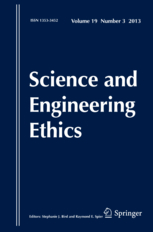 A few unusual acknowledgements added by authors after finalizing the manuscripts have highlighted a common element in science publishing – right before going to press, authors can make minor changes to manuscripts that editors won’t necessarily review before publication.
A few unusual acknowledgements added by authors after finalizing the manuscripts have highlighted a common element in science publishing – right before going to press, authors can make minor changes to manuscripts that editors won’t necessarily review before publication.
We were reminded of this when reading two opinion papers published in August by Science and Engineering Ethics.
For one, “Honor Killing: Where Pride Defeats Reason,” the acknowledgements read: Continue reading A publication loophole? Authors can make changes editors won’t always see
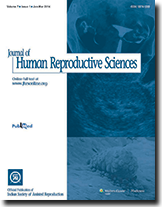 The first author of a paper
The first author of a paper 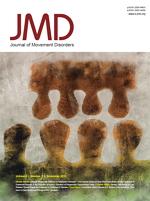



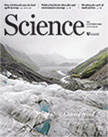
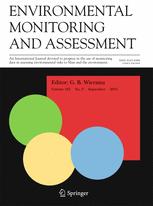 An environmental journal is retracting an article about the risks of pesticides to groundwater after determining it contained data that “the authors did not have permission (implicit or explicit) to publish.”
An environmental journal is retracting an article about the risks of pesticides to groundwater after determining it contained data that “the authors did not have permission (implicit or explicit) to publish.” We have discovered several errata for a New York City urologist, including in one paper that previously
We have discovered several errata for a New York City urologist, including in one paper that previously 